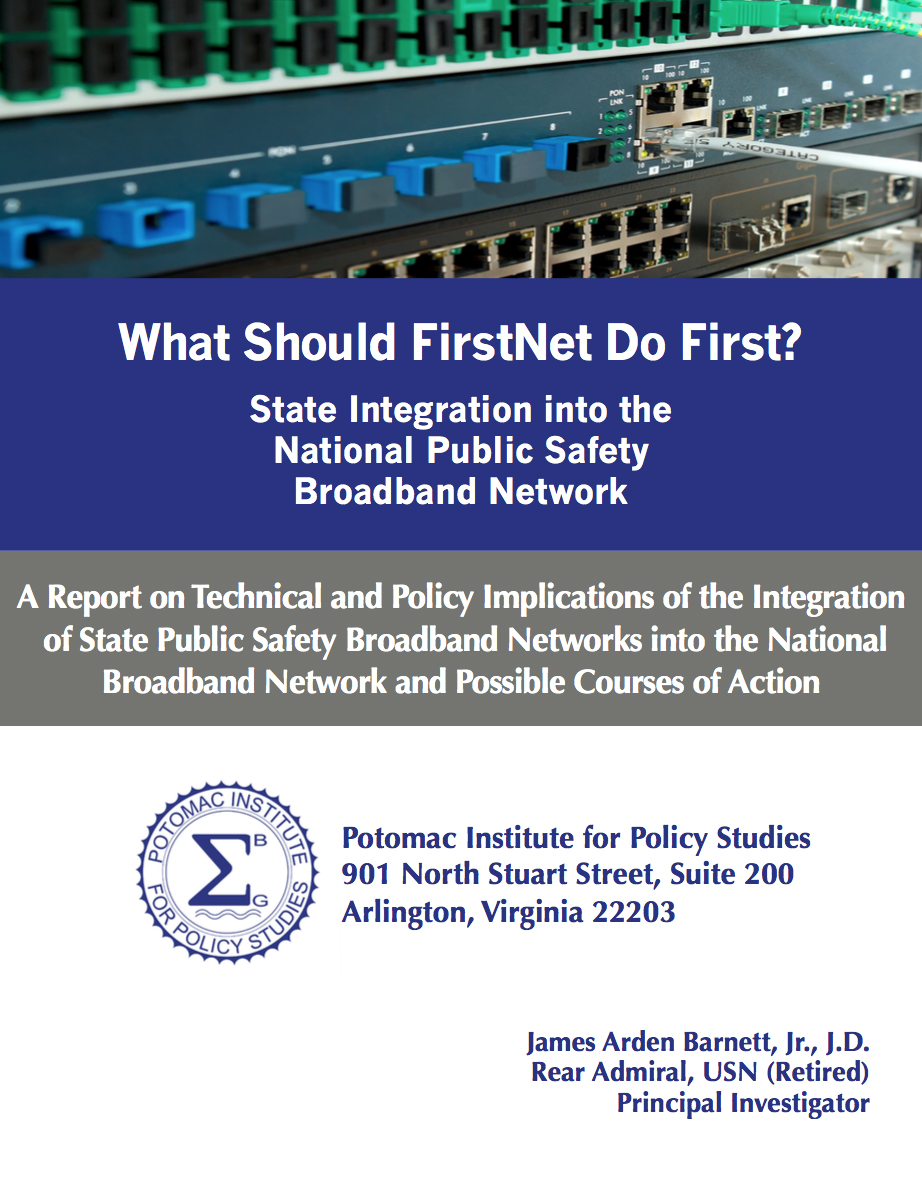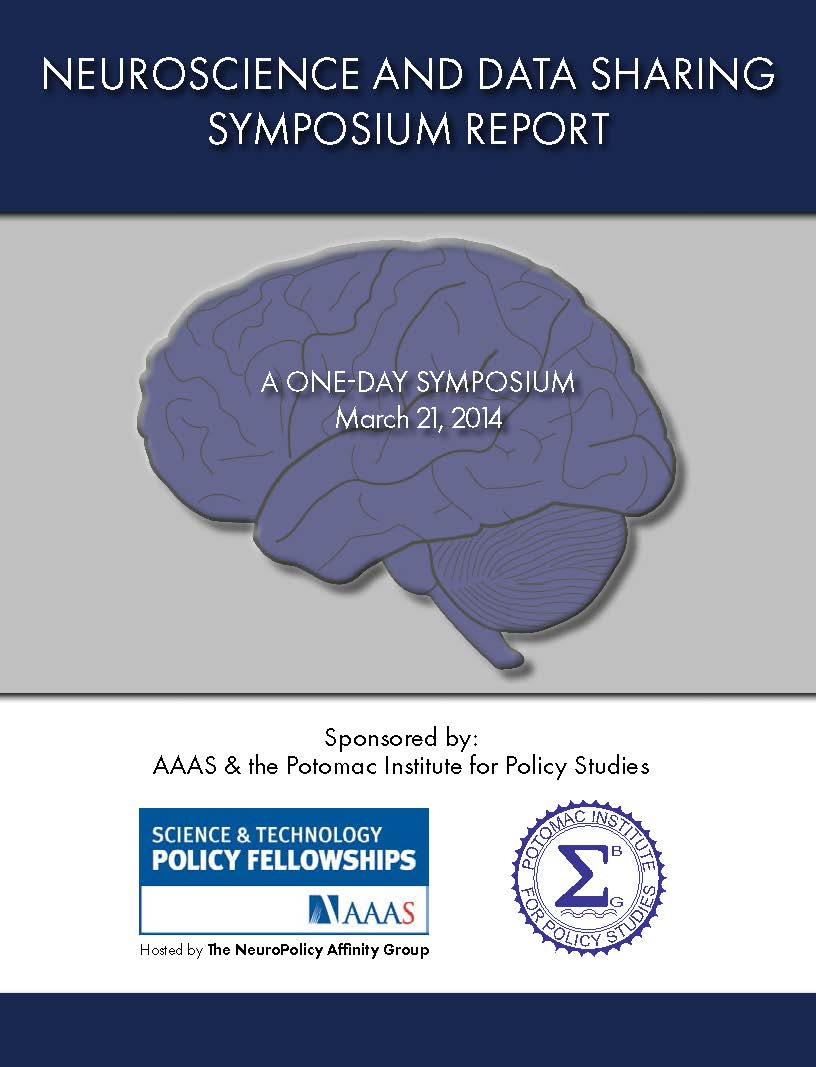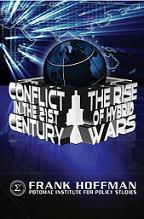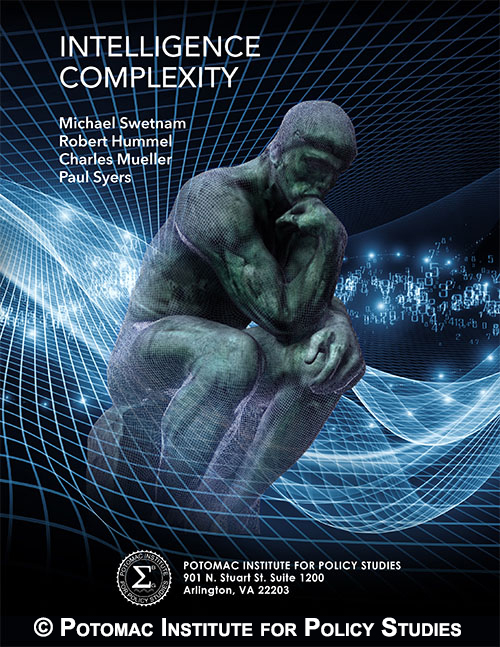Publications
Intelligence Complexity details a theory of intelligence complexity based on discrete levels of intelligence: Data, Information, Knowledge and Wisdom (DIKW). The report provides detailed descriptions of each of these defined levels of intelligence and puts forward a framework that can be used to measure the intelligence complexity of any intelligent system. Intelligence Complexity’s DIKW framework provides an alternative to the Turing Test as a measure of a system’s ability to reach defined levels of intelligence.
Intelligence Complexity also introduces a new concept (I = E x C) developed by author Michael Swetnam to explain what drives intelligent systems to learn. This theory posits that intelligence is inextricably linked to emotion, which is a key force that drives the development of human intelligence forward. The authors present a thermodynamic argument of emotion that attempts to explain the human intelligence system in terms of complexity, efficiency and entropy.
 In "Military Readiness in the Age of Complexity and Uncertainty," Lt. Gen. George Flynn outlines how the US has adapted to evolving security challenges and argues that to be successful and prepared for future conflicts of any kind, military training is key.
In "Military Readiness in the Age of Complexity and Uncertainty," Lt. Gen. George Flynn outlines how the US has adapted to evolving security challenges and argues that to be successful and prepared for future conflicts of any kind, military training is key.
When global security challenges and conflicts arise, the United States is the first to be called upon. When responding to these calls it is essential that the men and women in uniform have the tools and training they need to be successful.
The current threat environment is rapidly evolving, uncertain and highly complex. At the same time, the Department of Defense faces budgetary constraints that threaten readiness budgets.
With that in mind, Lt. Gen. Flynn reminds us, "History has shown that investing in training has been the one consistent edge that has enabled the US to respond to unexpected changes in our security environment... it is the training of our forces, people and units that has allowed the US to deal with unexpected security challenges."
How can we expect the military to succeed against global threats if the significance and necessity of their training and readiness isn't given priority? As Secretary Hagel has noted, "Our men and women signed up to be a part of... a team that trains, deploys and protects their country.We need to give them the opportunities and the resources they require to successfully accomplish the mission."
 On the eve of the first meeting of the FirstNet Board, Potomac Institute, a leading think-tank on homeland and public safety policy, has issued a report titled What Should FirstNet Do First?
On the eve of the first meeting of the FirstNet Board, Potomac Institute, a leading think-tank on homeland and public safety policy, has issued a report titled What Should FirstNet Do First?
Jamie Barnett, Rear Admiral, USN (Retired), who until recently led the FCC’s Public Safety and Homeland Security Bureau, is the Principal Investigator of the study. Admiral Barnett said “a national network holds tremendous promise for delivering revolutionary broadband services and long-needed interoperability to public safety, but to be sustainable, FirstNet must embrace the States, formalize their representation and leverage their networks.”
The report raises concerns about the loss of BTOP funding, increasing the uncertainty of a deployment timeline that could take more than five years, and NTIA’s reluctance to date to embrace the States as key stakeholders and partners.
Potomac Institutes recommends that to address these problems FirstNet:
- Quickly obtain the expertise and capacity required to deploy a network over the next 5-7 years.
- Working with the States, quickly develop a cost model and business plan for both opt-in and opt-out States.
- Restart the BTOP grants to ensure that state interoperability efforts to date are not lost.
- Facilitate the early deployment of those States and localities that are well funded.
 The Potomac Institute for Policy Studies has published the “Neuroscience and Data Sharing Symposium Report,” the proceedings of a seminar held in conjunction with the American Association for the Advancement of Science (AAAS) Science and Technology Policy Fellowships NeuroPolicy Affinity Group on March 21, 2014. This day long symposium provided a forum for the neuroscience community to discuss data sharing, including the obstacles facing the community as well as how cultural changes can lead to improvements in data sharing.
The Potomac Institute for Policy Studies has published the “Neuroscience and Data Sharing Symposium Report,” the proceedings of a seminar held in conjunction with the American Association for the Advancement of Science (AAAS) Science and Technology Policy Fellowships NeuroPolicy Affinity Group on March 21, 2014. This day long symposium provided a forum for the neuroscience community to discuss data sharing, including the obstacles facing the community as well as how cultural changes can lead to improvements in data sharing.
Neuroscience is a rapidly-advancing, interdisciplinary field which has seen growth in both research and public interest since the announcement of the BRAIN Initiative. With this growth comes an increased opportunity for collaboration and sharing of data. Technological advances make sharing data easier and less expensive than ever before. Despite the many advantages to data sharing, there remain many hurdles to overcome. These include insufficient resources, non-standardized data and procedures, and a lack of incentives to share data. In order to create a culture of data sharing, these and other concerns need to be addressed.
 By Frank Hoffman, Research Fellow, Center for Emerging Threats and Opportunities (CETO)
By Frank Hoffman, Research Fellow, Center for Emerging Threats and Opportunities (CETO)
Conflict in the 21st Century: The Rise of Hybrid Wars, summarizes the background and analysis of the changing character of warfare in our time. Examining the debate over the past decade about the evolution of modern warfare in the post Cold-war world, several thinkers have claimed that we were in the midst of a “Revolution in Warfare.” Hoffman takes this discussion to a new and more mature level by recognizing that we are entering a time when multiple types of warfare will be used simultaneously by flexible and sophisticated adversaries. These adversaries understand that successful conflict takes on a variety of forms that are designed to fit one’s goals at that particular time—identified as “Hybrid Wars” in Conflict in the 21st Century.
Hoffman notes that it is too simplistic to merely classify conflict as “Big and Conventional” versus “Small or Irregular.” Today’s enemies, and tomorrow’s, will employ combinations of warfare types. Non-state actors may mostly employ irregular forms of warfare, but will clearly support, encourage, and participate in conventional conflict if it serves their ends. Similarly, nation-states may well engage in irregular conflict in addition to conventional types of warfare to achieve their goals. The monograph lays out some of the implications of the concept. Clearly the United States must be prepared for the full spectrum of conflict from all fronts and realize that preparing our forces for only selected types of conflict will be a recipe for defeat.
Subcategories
CReST Reports
The Center for Revolutionary Scientific Thought brings together individuals from a variety of backgrounds to foster discussion on science and technology futures from both an academic and policy perspective. CReST intends to develop new ideas about the future directions of science and technology, formulate strategies on how to achieve revolutionary gains in S&T, provide a forum to discuss the associated political, ethical, legal and social issues, and inform the public and policymakers to solve vital societal problems.

